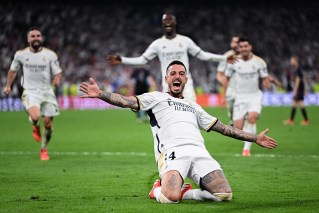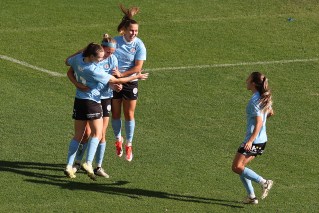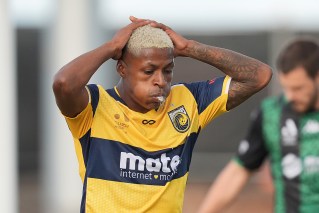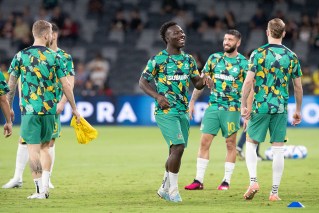Why Craig Foster believes he can make Australian football great

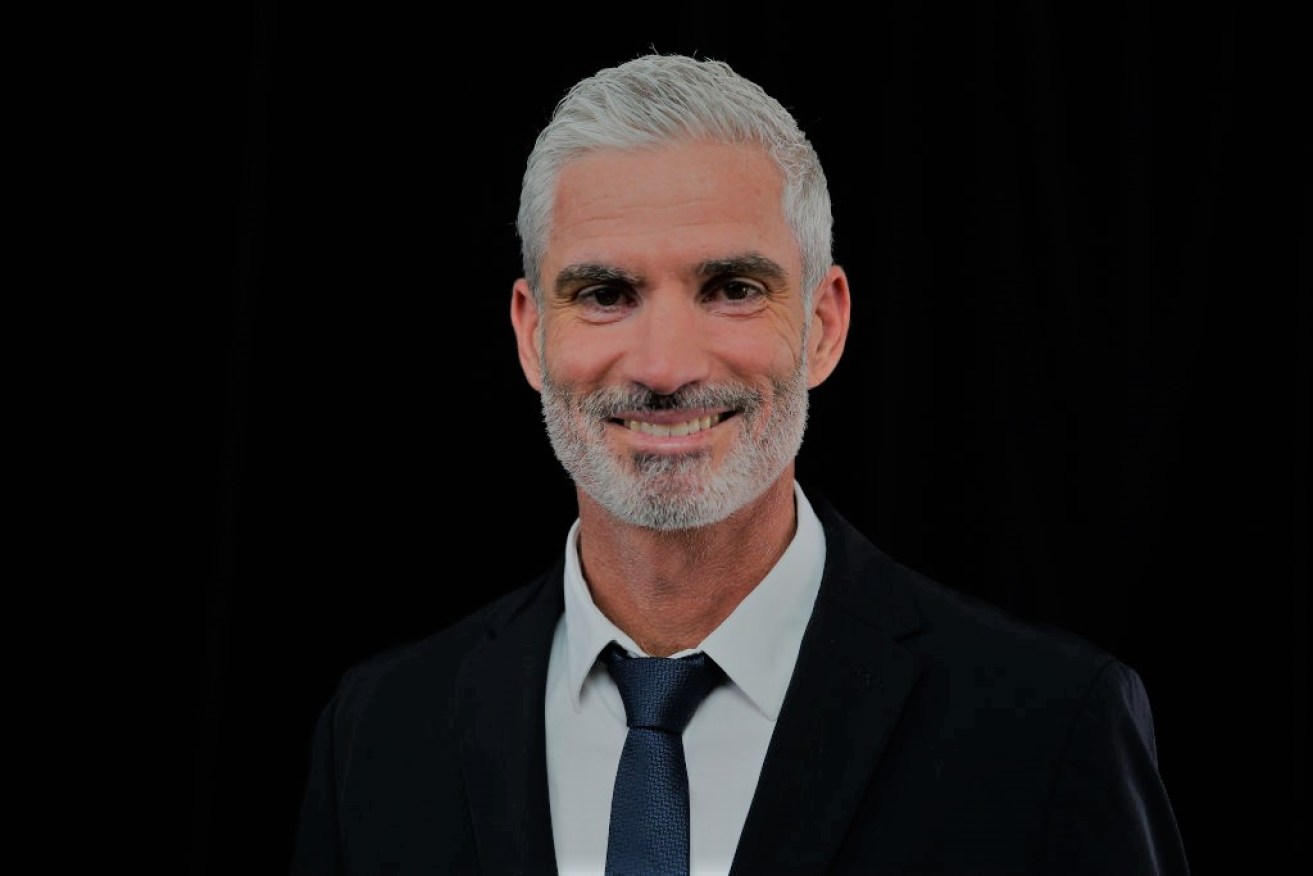
Craig Foster withdrew from the FFA election race last week. Photo: Getty
Craig Foster is up early, bags packed and ready to roll.
The former Socceroo and now SBS football analyst is sitting in a Melbourne city cafe at 7am, eager to talk about his candidacy for a spot on Football Federation Australia’s board and his ambition to be chairman.
Foster is in campaign mode, travelling the country and attempting to build momentum among football’s grassroots for his candidacy.
There’s a movement happening in the game nationally. I’ve been all over the country, I’ve spoken to all of the stakeholders and there’s a really powerful movement for inclusion.
“We can acknowledge how far the game has come in the past 15 years but we also – fans and stakeholders – realise we can’t get too much further unless we unify as a game,” Foster told The New Daily.
“There’s a sense that there’s been an exclusion of different groups in the football community, marginalisation of our history and our fans who certainly feel that way. If we can come together as a game then the future is really bright”.

Craig Foster in coach mode with a junior pathway program. Photo: Getty
FFA’s annual meeting on Monday, November 19, will decide the make-up of a new board. It will be the first significant change at FFA since the bruising battle to reshape the administration of the game, in which FIFA threatened to pull rank on a recalcitrant Australian head office.
The revamped FFA congress has given the likes of the A-League clubs and the Professional Footballers Association a greater say in who sits on the board and controls the game.
These changes have brought the departure of Steven Lowy as chairman, ending the Lowy family’s tenure over the administration of the sport.
It’s another reset for the game, which has had a number of false starts in its history. Foster is quick to admit there’s no simple fix for some of football’s structural problems.
“The professional game [A-League] is advocating for independence from FFA and a focus on their business model. It’s fantastic, but it’s also a huge challenge more widely,” he said.
“In 1992 when the English Premier League separated from the Football Association, not enough care and consideration was given to the grassroots of the game, which really suffered. We want to make sure it’s something we avoid.
“Everyone needs to participate and share in the growth of the game.”
It’s a position that makes those within A-League circles wary of Foster’s candidacy.
Aware that his best shot of success is building a firewall of public support for his election, Foster has been making his pitch to fans that he will be their advocate in the boardroom.

Foster with fellow SBS football commentator Lucy Zelic. Photo: AAP
“I’m actually in awe of our fans in many ways. They have been marginalised and mistreated. We have to have an honest conversation about that.
“I’m not wanting to be too critical of past regimes, but we have a lot of ground to make up. It staggers me that we’ve created a professional game but failed to understand the importance of our fans in that whole equation.”
Foster agrees that football has created barriers as the cost of participating and progressing in the game has blown out. Australian football has been built on the back of equality of access for new migrant groups and the wider community. It’s drifted dangerously toward a pay-to-play model.
“I haven’t seen the commitment from the governing body talking about trying to reduce the cost of playing. For those of us who spend a lot of our time working in social programs in football and believe in the social impact of our game, it’s a critical issue for us.
“It’s a priority for the game to look at how it can reduce the cost to play and how we create universal access to the game. In the end, that’s the essence of what football is.”
For Foster, support for the A-League and W-League from the wider football community is paramount. He insists that without a thriving professional game, the sport in Australia will be stuck in neutral.
“The core equation is that over the medium to long term the only way to build a football economy is by supporting our professional level. Over the long term, we can talk about a second division and promotional and relegation.
“Ultimately we need to make sure the A-League and W-League are hugely successful. That way we can build the football economy.
“It’s the core message of my campaign. We must all make the professional game successful and only then can we participate in the commercial success of football.”
Foster has been one of the game’s highest profile and most outspoken pundits for more than two decades on SBS TV. If he succeeds in being elected to the FFA board, how can he continue in that role?
“The aim is to try to manage the potential conflicts that would exist. The idea with SBS is to have an agreed on-air protocol that is agreed to by SBS and FFA,” he said.
“It needs to be transparent so fans and viewers are clear about it. We think that it can work. Ultimately the risk is not the game’s, the risk is mine.
“I’ve decided it’s a risk worth taking.”
There’s no reward without risk. Foster is banking on it in the same way in which he played his football.




